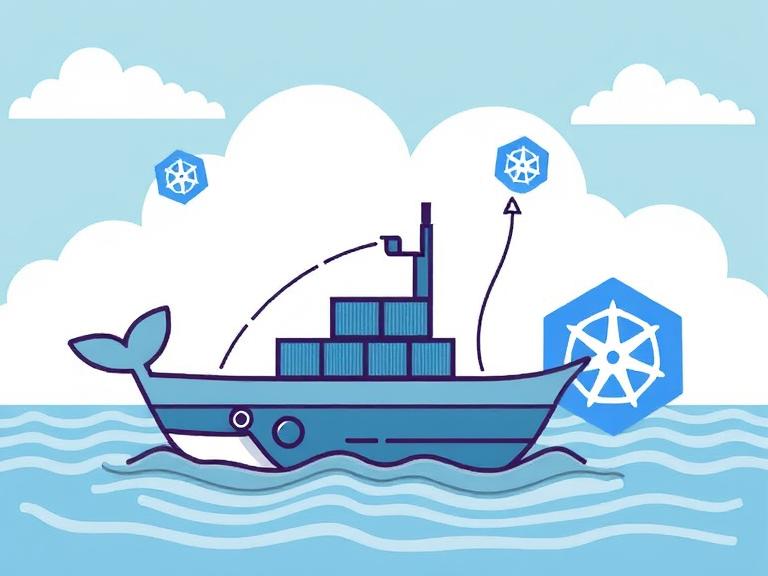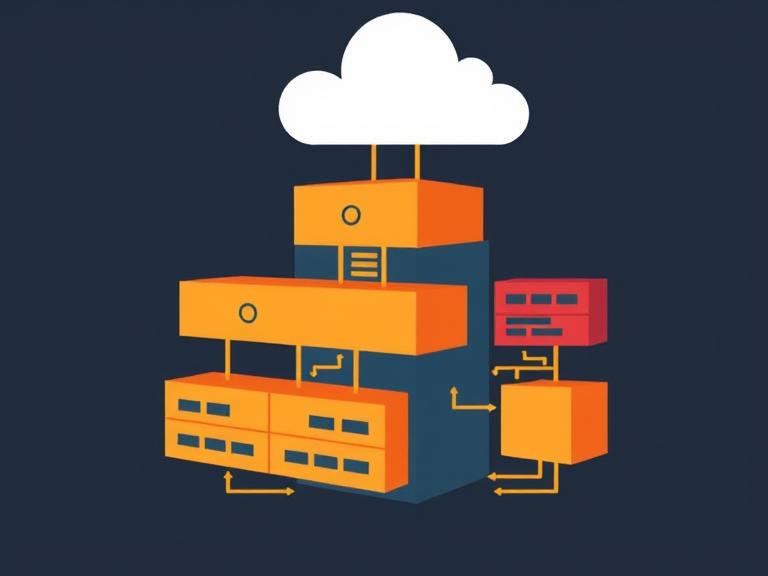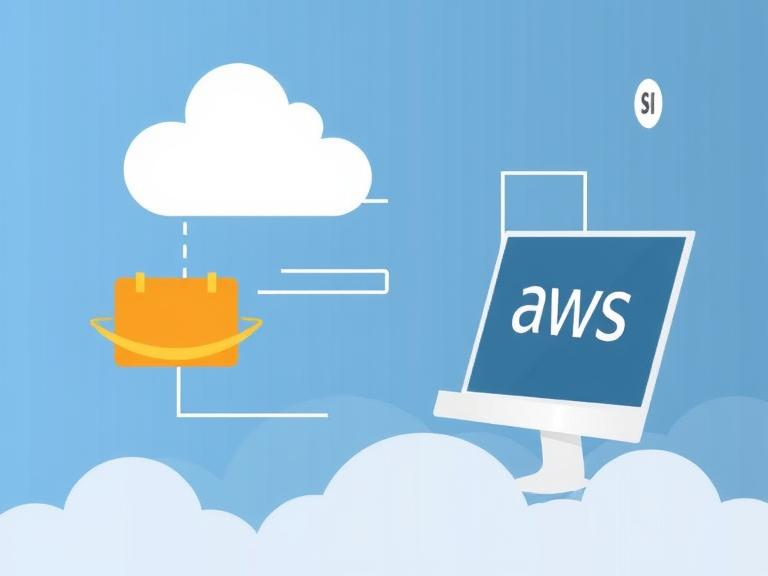Docker and Kubernetes are essential tools in modern DevOps, enabling containerized application development, deployment, and orchestration.
Docker is a platform that allows you to package applications and their dependencies into containers. Containers are lightweight, portable, and consistent across environments. They eliminate the “it works on my machine” problem and enable faster deployment cycles.
Key Docker components:
- Dockerfile: Defines how the image is built.
- Image: A snapshot of the application and environment.
- Container: A running instance of an image.
- Docker Compose: Tool for defining and managing multi-container applications.
Kubernetes, often abbreviated as K8s, is an open-source container orchestration system. While Docker runs containers, Kubernetes manages how and where they run in production.
Kubernetes features:
- Pods: The smallest unit, usually one or more containers.
- Deployments: Define how containers are updated and managed.
- Services: Expose containers to external traffic.
- Horizontal scaling: Automatically adds/removes containers based on demand.
- Self-healing: Restarts crashed containers and replaces failed nodes.
Together, Docker and Kubernetes provide a complete container lifecycle—from development to scaling and monitoring in production.
Organizations use Docker and Kubernetes to improve agility, resource usage, and application reliability. Mastering both tools is a major step toward becoming a modern DevOps engineer or cloud-native developer.



Leave a Reply